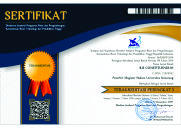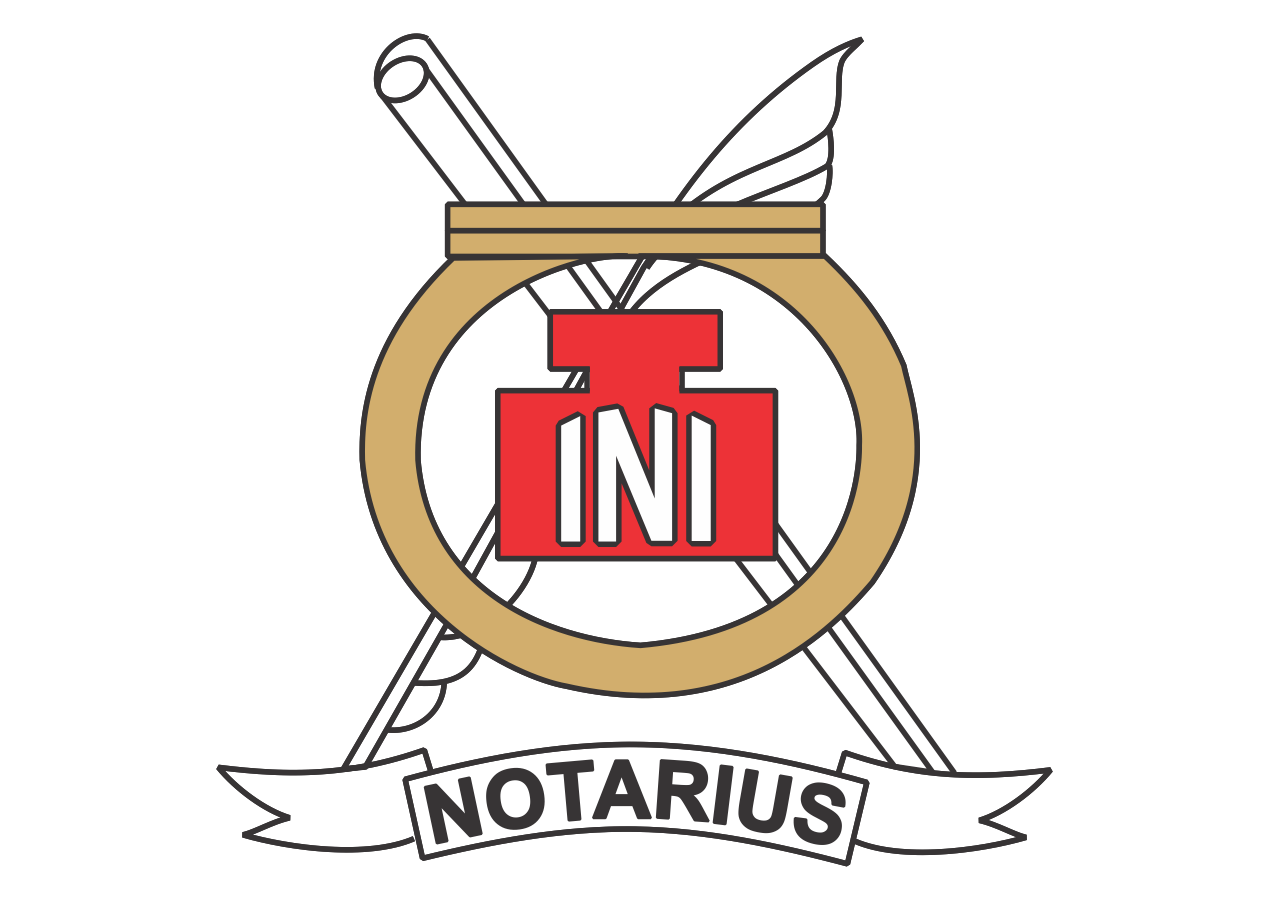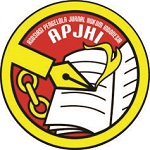Obstacles in Proving the Crime of Money Laundering by Law Enforcement in Indonesia
Abstract
This research aims to determine the obstacles to proving criminal acts of money laundering by law enforcement in Indonesia. The legal view regarding the crime of money laundering in Indonesia is that as long as there is no guilty verdict against the perpetrator of the predicate crime, then anything related to assets cannot be carried out. In practice, law enforcement still uses follow-up measures for money laundering suspects who prioritize punishment over asset recovery. This research focuses on proving the obstacles to the implementation of the Money Laundering Crime Law in the Police, Prosecutor's Office, and Corruption Eradication Commission. The research method in this writing uses doctrinal methods (juridical-normative) and non-doctrinal methods (juridical-empirical or socio-legal). The research results show that there still needs to be more conflict between the interests of law enforcement and the police, especially in terms of proving and recovering state losses. Obstacles to asset recovery that prosecutors can carry out are obstacles for prosecutors who are not given the authority to investigate criminal acts of money laundering that occurred before the 2010 Law on Money Laundering because the old law did not regulate the prosecutors' authority regarding this matter. Affairs. Criminal investigation. Money laundering. Likewise with the Corruption Eradication Commission, regarding the provisions of Article 69 concerning predicate crimes, they do not have to be proven first. Obstacles to Proving the Crime of Money Laundering by Law Enforcement in Indonesia.
Keywords
Full Text:
PDFReferences
Abdulgani, Rika Kurniasari. “Urgensi Pengesahan Undang-Undang Perampasan Aset Tindak Pidana Dalam Mencegah Dan Memberantas Tindak Pidana Pencucian Uang.” Jurnal Litigasi 24, no. 1 (2023): 68–84. https://doi.org/http://dx.doi.org/10.23969/litigasi.v24i1.7129.
Arief, Barda Nawawi. Kapita Selekta Hukum Pidana. 1 ed. Bandung: Citra Aditya Bakti, 2003.
Aruan, Ukkap Marolop. “Tata Cara Penyitaan Barang Bukti Tindak Pidana Menurut KUHAP.” Lex Crimen III, no. 2 (2014): 77–85.
Atmasasmita, Romli. “Analisis Hukum UU RI Nomor 8 Tahun 2010 Tentang Pencegahan dan Pemberantasan Tindak Pidana Pencucian Uang.” Surakarta , 10 September 2013.
Berutu, Ali Geno. “Tindak Pidana Kejahatan Pencucian Uang (Money Laundering) dalam Pandangan KUHP dan Hukum Pidana Islam.” Tawazun: Journal of Sharia Economic Law 2, no. 1 (2019): 1–18. https://doi.org/10.21043/tawazun.v2i1.5288.
Charles, Iwan Roy. “Analysis of Article 69 of Law Number 8 of 2010 concerning Prevention and Eradication of the Crime of Money Laundering in the Perspective of Legal Certainty.” Melayunesia Law 6, no. 1 (2022): 59–84. https://doi.org/http://dx.doi.org/10.30652/ml.v6i1.7811.
Eleanora, Fransiska Novita. “Tindak Pidana Pencucian Uang.” Jurnal Hukum XXVI, no. 2 (2011): 640–53.
Febriansyah, Artha, Eva Achjani Zulfa, Muhammad Yusuf, dan Desia Banjarani. “Reversal Burden Of Proof In Process Of Proving Money Laundering Cases In Indonesia.” Indonesia Law Review 13, no. 1 (2023): 17–35. https://doi.org/https://doi.org/10.15742/ilrev.v13n1.5.
H. Noho, Muhammad Dzikirullah, Budi Santoso, Paramita Prananingtyas, dan Trinah Asi Islami. “Analisis Perbandingan Pengaturan Hukum Build Operate Transfer (BOT) Di Indonesia Dengan Negara-Negara ASEAN.” Jurnal USM Law Review 4, no. 2 (24 November 2021): 728. https://doi.org/10.26623/julr.v4i2.4282.
Halif. “Pembuktian Tindak Pidana Pencucian Uang Tanpa Dakwaan Tindak Pidana Asal: Kajian Putusan Nomor 57/PID.SUS/2014/PN.SLR.” Jurnal Yudisial 10, no. 2 (2017): 191.
Harahap, M. Yahya. Pembahasan Permasalahan dan Penerapan KUHAP: Pemeriksaan Sidang Pengadilan , Banding, Kasasi dan Peninjauan Kembali. 2 ed. Jakarta: Sinar Grafika , 2002.
Hiariej, Eddy O.S. Teori & Hukum Pembuktian. Jakarta: Erlangga, 2012.
Hutahaean, Armunanto, dan Erlyn Indarti. “Lembaga Penyidik Dalam Sistem Peradilan Pidana Terpadu Di Indonesia.” Jurnal Legislasi Indonesia 16, no. 1 (2019): 27–41.
Janaindra, Anak Agung Gede, dan I Gusti Agung Ayu Dike Widhiyaastuti. “Peran Kejaksaan Dalam Upaya Asset Recovery Akibat Tindak Pidana Korupsi (Studi Kasus Di Kejaksaan Tinggi Bali).” Kertha Wicara 9, no. 8 (2020): 1–13.
Laowo, Yonathan Sebastian. “Kajian Hukum Tindak Pidana Pencucian Uang (Money Loundring).” Jurnal Panah Keadilan 1, no. 1 (2022): 70–87. https://doi.org/https://doi.org/10.57094/jpk.v1i1.447.
Prawira, Taufan Setia. “Pemanfaatan Laporan Hasil Analisis (LHA) PPATK dalam Penyidikan Tindak Pidana Pencucian Uang Oleh Penyidik Polri.” Syntax Literate 7, no. 5 (2022): 6250–62. https://doi.org/https://doi.org/10.36418/syntax-literate.v7i5.7142.
Putriyana, Ayu, dan Nur Rochaeti. “The Impact Of Enforcement Of Corruption Law By The Corruption Eradication Commission After The Ratification Of The Latest KPK Law.” Jurnal Penelitian Hukum De Jure 21, no. 3 (2021): 299–310. https://doi.org/http://dx.doi.org/10.30641/dejure.2021.V21.299-310.
Rimbawa, I Made Artha. “Kewenangan KPK Dalam Memberantas Tindak Pidana Korupsi.” Yustitia 15, no. 2 (2021): 87–93.
Siahaan. Money Laundering dan Kejahatan Perbankan. Jakarta: Jala Permata, 2008.
Sjahdeini, Sutan Remy. “Pencucian Uang: Pengertian, Sejarah, Faktor-Faktor Penyebab, dan Dampaknya Bagi Masyarakat.” Jurnal Hukum Bisnis 22, no. 3 (2003): 5.
Soeparmono. Masalah Sita Jaminan (CB) Dalam Hukum Acara Pidana. Bandung: Mandar Maju, 1997.
Utami, Suci. “Tindak Pidana Pencucian Terhadap Uang Virtual.” Al’adl:Jurnal Hukum 13, no. 1 (2021): 1–27. https://doi.org/http://dx.doi.org/10.31602/al-adl.v13i1.4224.
Yanuar, Muh. Afdal. “Diskursus Antara Kedudukan Delik Pencucian Uang sebagai Independent Crime dengan sebagai Follow Up Crime Pasca Putusan MK Nomor 90/PUUXIII/2015.” Jurnal Konstitusi 16, no. 4 (2019): 721–39. https://doi.org/https://doi.org/10.31078/jk1643.
Wawancara dengan AKBP Subianto Tindak Pidana Eksus Bareskrim polri, pada tanggal 20 Januari 2023.
Wawancara dengan Dzulkifli aparat penegak hukum di kejaksaan dengan jabatan Kasi wilayah 1 Tindak Pidana Korupsi dan TPPU yang sementara ini ditugaskan di Otorita Ibu Kota Nusantara di bagian pengawasan dan auditor, pada tanggal 27 Januari 2023.
DOI: http://dx.doi.org/10.26623/jic.v9i1.8025
Refbacks
- There are currently no refbacks.
Copyright (c) 2024 Jurnal Ius Constituendum

This work is licensed under a Creative Commons Attribution 4.0 International License.






Jurnal Ius Constituendum : Journal Law by Program Studi Magister Hukum Universitas Semarang is licensed under a Creative Commons Attribution 4.0 International License.











